JERUSALEM, June 19 (V7N) – Israel's Defense Minister Israel Katz issued a severe warning today, stating that Iran's supreme leader, Ayatollah Ali Khamenei, "can no longer be allowed to exist" after an Iranian missile strike critically hit Soroka Hospital in Beersheba. The attack has sharply escalated tensions in the week-old conflict between the two regional rivals.
The bombardment on Thursday left parts of Soroka Hospital in flames, an incident Iran claimed targeted a military and intelligence base, not the medical facility. Hospital director Shlomi Codish reported 40 injuries at the Beersheba hospital, where an evacuated surgical building was struck, causing extensive damage and billowing smoke across the medical center.
The strike marks a significant escalation in a conflict that began last week with Israeli air raids on Iranian targets, driven by Israel's long-held fears that Iran is on the verge of developing a nuclear weapon. Over 200 people have reportedly died on both sides since the conflict erupted.
Israeli Prime Minister Benjamin Netanyahu vowed that Iran would "pay a heavy price" for the hospital strike. Defense Minister Katz's warning directly targeted Khamenei, stating, "Khamenei openly declares that he wants Israel destroyed -- he personally gives the order to fire on hospitals. He considers the destruction of the state of Israel to be a goal. Such a man can no longer be allowed to exist."
The latest escalation unfolded on the seventh day of deadly exchanges, plunging the region into a new crisis, occurring 19 months after the initial onset of the Gaza war. A Pakistani student in Tehran, Mohammad Hassan, described "very horrifying" scenes in Iran's capital during the Israeli strikes, recounting "hearing sirens, the wailing, the danger of being hit by missiles."
Trump's Ambiguous Stance and Nuclear Concerns
The rising tensions come as U.S. President Donald Trump has maintained an ambiguous stance on potential American involvement, stating Wednesday, "I may do it, I may not do it. I mean, nobody knows what I'm going to do." He added that "the next week is going to be very big." Any potential U.S. involvement is widely anticipated to involve strikes on crucial underground Iranian nuclear facilities, such as Fordo, utilizing specially developed bunker-busting bombs.
Khamenei, for his part, has rejected Trump's demand for an "unconditional surrender," despite the U.S. President's claims that "Iran's got a lot of trouble and they want to negotiate." The White House confirmed Trump would receive an intelligence briefing on Thursday, a U.S. holiday, while top U.S. diplomat Marco Rubio is set to meet his British counterpart for talks expected to focus on the conflict.
The Wall Street Journal reported that Trump had told aides on Tuesday he approved attack plans but was holding off to see if Iran would abandon its nuclear program. While Trump had initially favored a diplomatic route to replace the 2015 nuclear deal he abandoned in his first term, he has consistently stood behind key U.S. ally Israel since the current campaign began.
Escalation of Strikes on Nuclear Sites and International Calls for Diplomacy
On Thursday morning, Israel announced it had carried out dozens of fresh raids on Iranian targets overnight, including the partially built Arak nuclear reactor and a uranium enrichment facility in Natanz. The Israeli military stated the Arak site was hit "to prevent the reactor from being restored and used for nuclear weapons development."
The escalating military campaign has prompted renewed international calls for a return to diplomacy. Russian President Vladimir Putin, during a televised event with foreign journalists on Thursday, suggested that a deal guaranteeing both Israel's security and Iran's desire for a civilian nuclear program was possible. "I believe it would be good for all of us together to look for ways to stop the fighting and seek ways for the participants in the conflict to find an agreement," Putin said, adding that Iran had not requested military help from Russia.
However, Western leaders, including President Trump and France's Emmanuel Macron, have pushed back against the idea of Putin mediating the conflict given Russia's ongoing offensive in Ukraine.
An Israeli military official, who requested anonymity, stated Wednesday that Iran had fired approximately 400 ballistic missiles and 1,000 drones since the conflict began on Friday. Netanyahu's office reported that Iranian strikes have killed at least 24 people and injured hundreds. Iran, on the other hand, stated Sunday that Israeli strikes had killed at least 224 people, including military commanders, nuclear scientists, and civilians.
Iran has been enriching uranium to 60 percent purity, far exceeding the 3.67-percent limit set by the 2015 nuclear deal, though still below the 90 percent purity required for a nuclear warhead. While Israel maintains ambiguity regarding its own nuclear arsenal, the Stockholm International Peace Research Institute estimates it possesses 90 nuclear warheads.
END/MSS/RH/



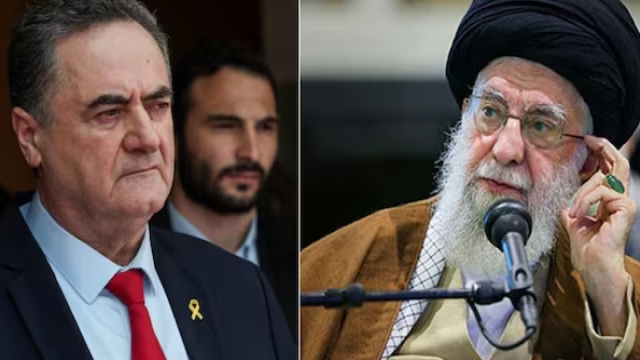
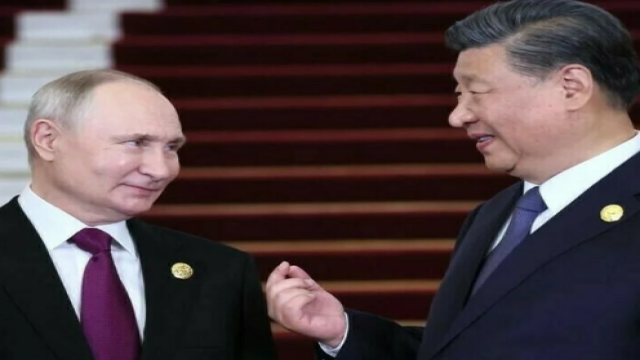
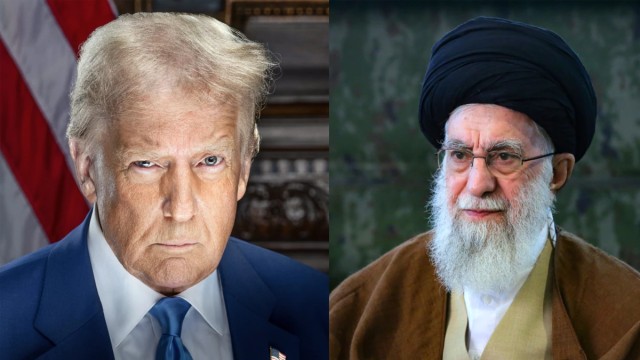
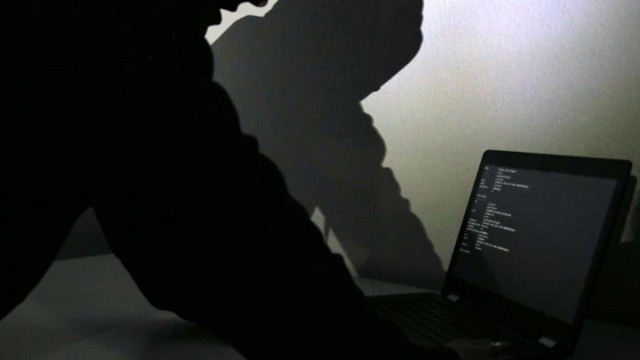
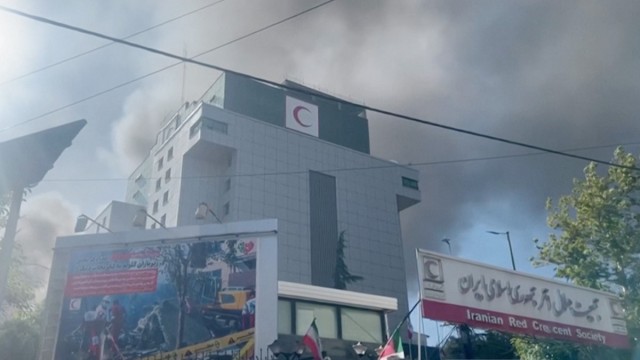
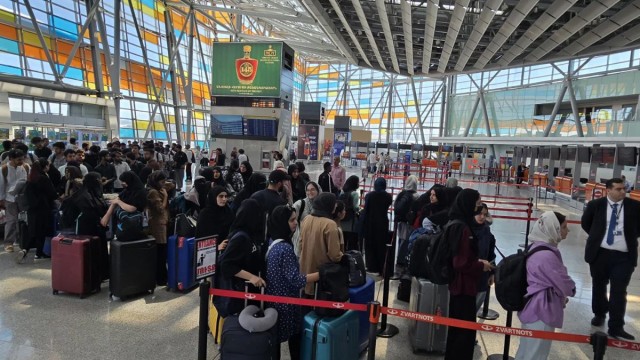
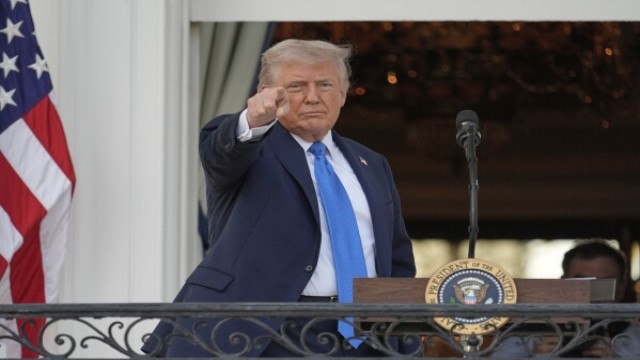



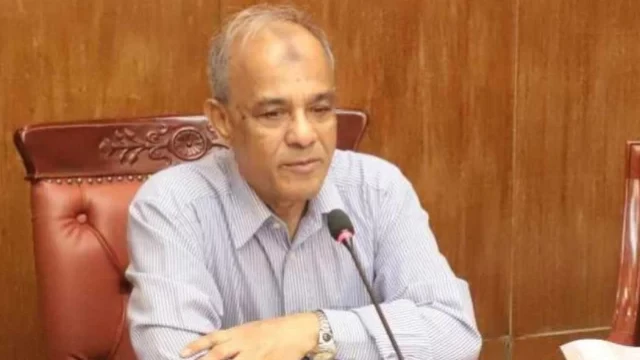





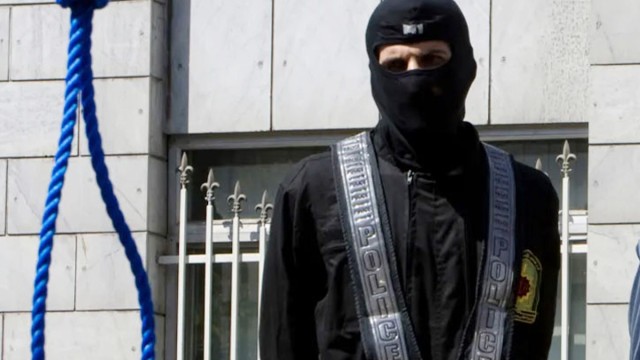



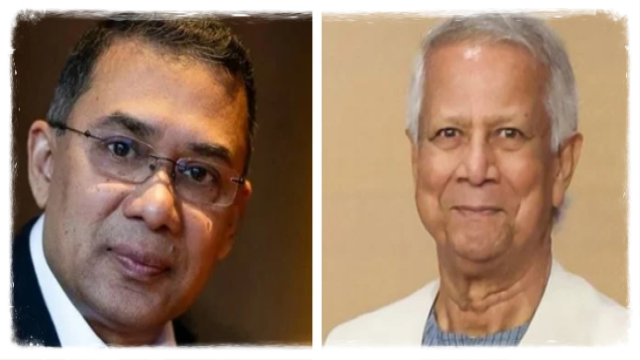





Comment: